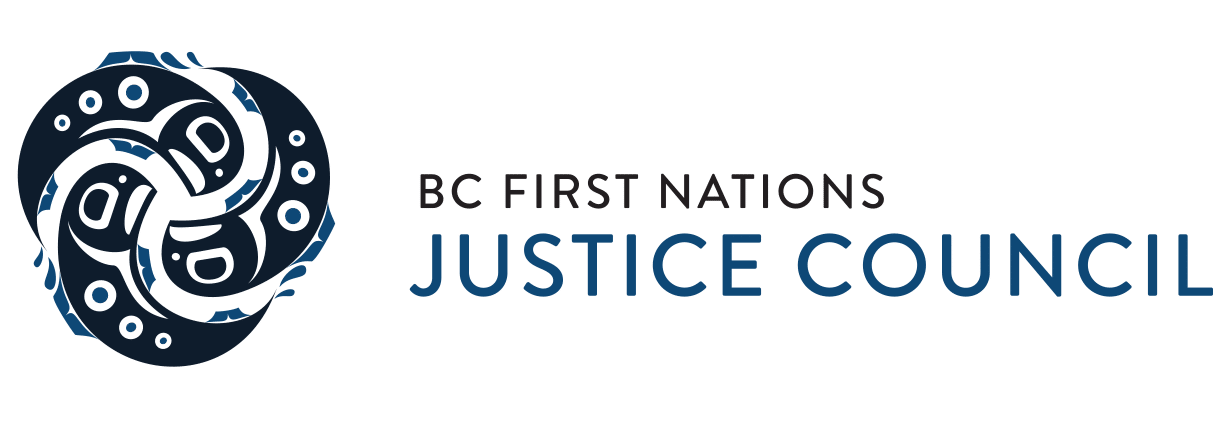Resource Contact

General Information
The Gitxsan / Wet’suwet’en Unlocking Aboriginal Justice Program (UAJ) exists to help Wet’suwet’en and Gitxsan Clans & House Members to take responsibility for each other. UAJ is designed to provide information on the content and practice of Wet’suwet’en and Gitxsan law. The UAJ program provides prevention, pre- and post-charge diversion, alternative measures, sentence advisory, rehabilitation and victim support within the Wet’suwet’en Territory and Gitxsan Nation.
Programs and Services
G/W - Accountability Program
All clients must be involved in the UAJ program by voluntary consent and be willing to take responsibility for their actions. When all parties have accepted the referral, a House group meeting is scheduled for the development of adequate support and construction of a rehabilitation plan, or contract. All parties (offender, victim, Clan and family) must reach a consensus as to the terms of the contract. An agreement for services is drawn and signed by all parties.
G/WUAJP - Community Justice Forums
For people who don’t belong to the Gitxsan or Wet’suwet’en House and Clan systems, UAJ offers a restorative justice circles model is used by the RCMP and provides a safe, controlled environment in which an offender, victim and their families or supporters are brought together under the guidance of a trained facilitator. Together they discuss the offence, how they have all been affected, and jointly develop a plan to correct what has occurred. Offenders must accept responsibility for their own actions.
G/WUAJP - Culture Camp
The contract may require that the offender participate in a culture camp. Culture camps educate children, youth and adults about Wet’suwet’en and Gitxsan culture and traditions through guidance and counsel by Elders and Hereditary Chiefs, including instruction in legends, songs and dancing, as well as traditional hunting and food preparation.
G/WUAJP - Intervention and Prevention
The UAJ program has contributed to a number of programs with intervention and prevention services in response to emergent issues. Examples include an internet cyberbullying workshop for elementary to high school students, and sexual abuse prevention outreach to children ages seven to 12.

